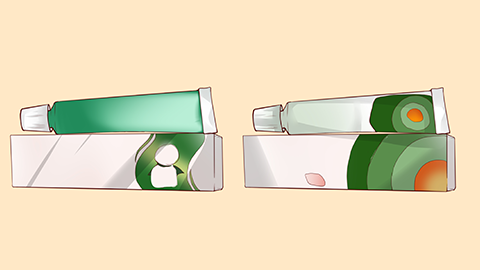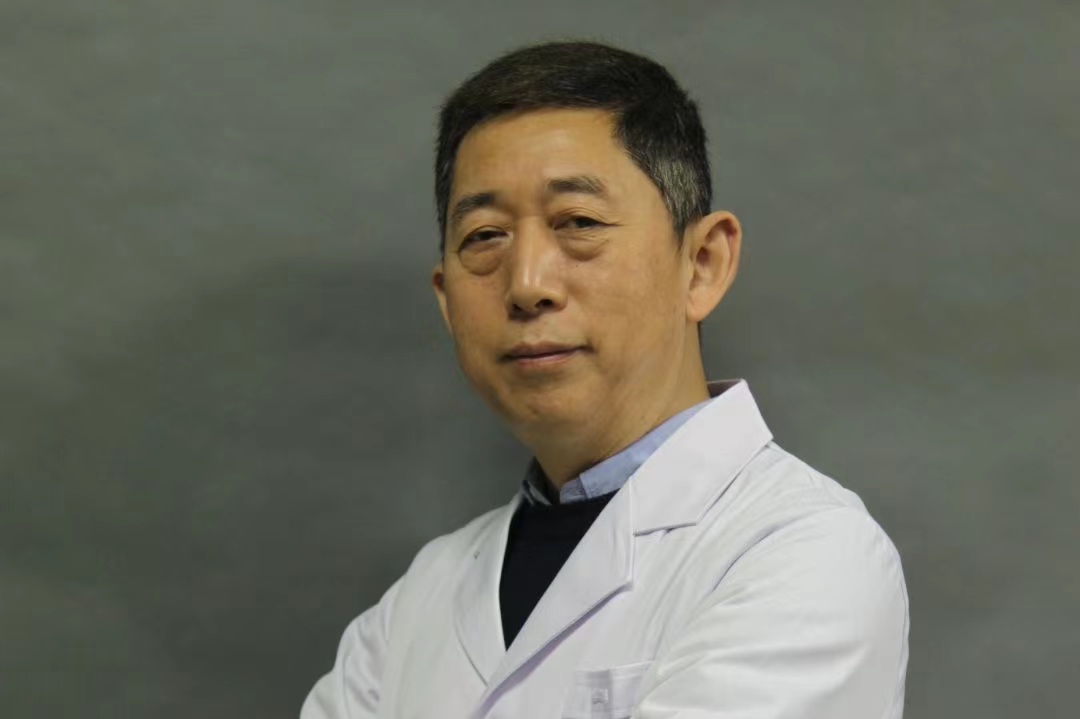What are the topical medications for treating skin diseases?
Medicated ointments for treating skin diseases should be selected according to the specific cause and symptoms. Commonly used ointments generally include erythromycin ointment, terbinafine hydrochloride cream, desonide cream, mupirocin ointment, and tretinoin cream. Detailed information is as follows:

1. Erythromycin Ointment: The main ingredient is erythromycin, an antibiotic ointment that inhibits bacterial protein synthesis. It is suitable for pyogenic skin diseases such as impetigo and minor burns. Apply locally as directed on the product label.
2. Terbinafine Hydrochloride Cream: Contains terbinafine hydrochloride, an antifungal medication that disrupts fungal cell membranes. It is used to treat fungal infections such as hand癣, foot癣, and body癣. Apply once or twice daily and complete the full course of treatment.
3. Desonide Cream: A corticosteroid ointment with anti-inflammatory and antipruritic effects. It is suitable for allergic skin conditions such as contact dermatitis and eczema. Apply on small areas for short-term use only; avoid long-term or extensive application.
4. Mupirocin Ointment: The main ingredient is mupirocin, which has strong antibacterial activity against gram-positive cocci. It is used for primary skin infections such as folliculitis and furuncles. Apply to affected areas, but avoid use on mucous membranes.
5. Tretinoin Cream: Contains all-trans retinoic acid, which helps regulate follicular keratinization. It is suitable for treating common acne and flat warts. Apply after cleansing in the evening. Avoid exposure to light during treatment. Do not apply to broken skin.
Before selecting an ointment, it is important to identify the specific type of skin disease to avoid inappropriate medication. Clean the affected area before application, and use an amount sufficient to cover the lesion. If symptoms do not improve within 3–5 days or if redness and swelling worsen, discontinue use immediately and seek medical attention.








